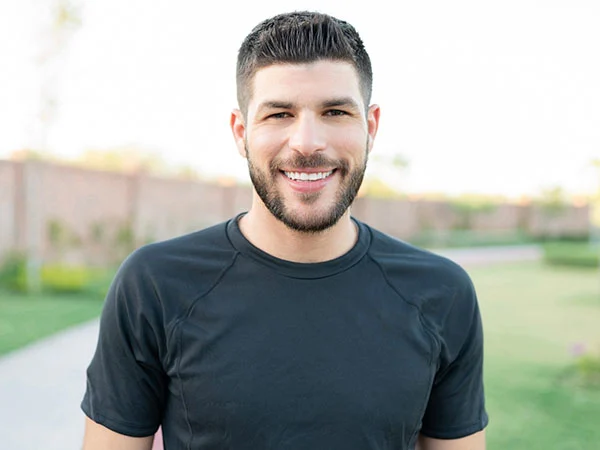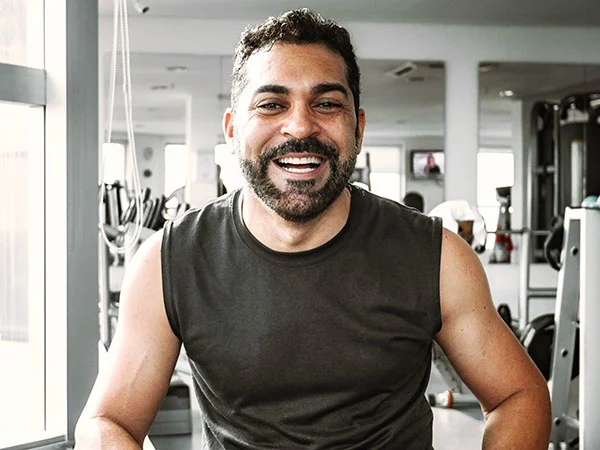
Stroke Recovery Training
Take an active role in your client’s stroke recovery.
Strokes can affect people in many ways. Learn what happens in a stroke, its effects, and how to help a stroke survivor better recover.
Take an active role in your client’s stroke recovery.
Strokes can affect people in many ways. Learn what happens in a stroke, its effects, and how to help a stroke survivor better recover.
What You’ll Learn From This Course:
Upon completion of the Stroke Recovery Training course, you will:
Be able to explain what a stroke is and how it can potentially affect the body and mind.
Know techniques for effectively communicating with a stroke survivor who may have trouble with speech or memory issues.
Understand how strokes can impact movement, spatial awareness, balance, and more.
Have the skills needed to help clients with post-stroke recovery via specific exercises and workout strategies.
Recognize the neuro fatigue that can occur after a stroke, and have tips for how to work with a client experiencing this effect.
Learn about strokes from people who’ve survived them, and who also provide their own tips for training a stroke survivor.
How You Can Use It:
Strokes are all too common in the U.S., with one person experiencing this type of medical emergency every 40 seconds.* While rehabilitation is largely in the hands of the survivor’s healthcare team, fitness professionals can also take an active role in the patient’s recovery, further assisting this process.
Trainers working with stroke survivors can use the information provided in this course to better understand what a person goes through after a stroke, how it might impact their communication and movement, and the actions a trainer can take to contribute to a more effective recovery.
You also hear from people who’ve survived a stroke, some of whom provide their own advice on how personal trainers can help. This gives you more “tools in your toolbox” when working with clients who’ve survived a stroke. It also enables you to draw on the experiences of others to give your clients the best recovery experience you can.
Some trainers may even take the information presented in the Stroke Recovery Training course to develop their own exercise programs for stroke survivors. This can help establish you as an expert in this space while also preparing you to guide this group of individuals who could benefit from your help.
*source: https://www.cdc.gov/stroke/facts.htm







